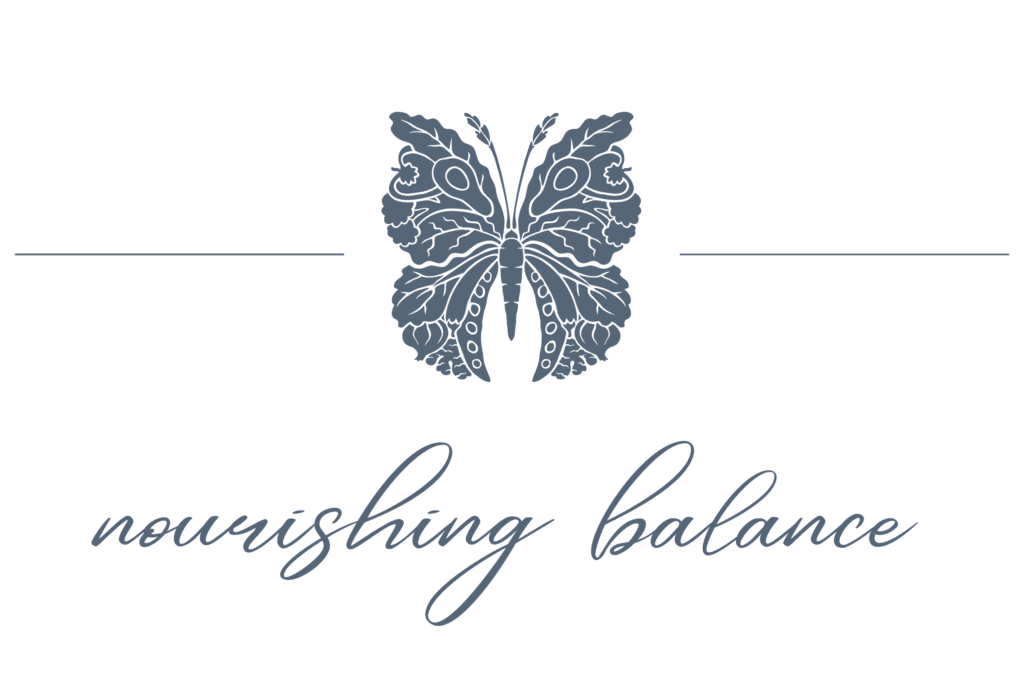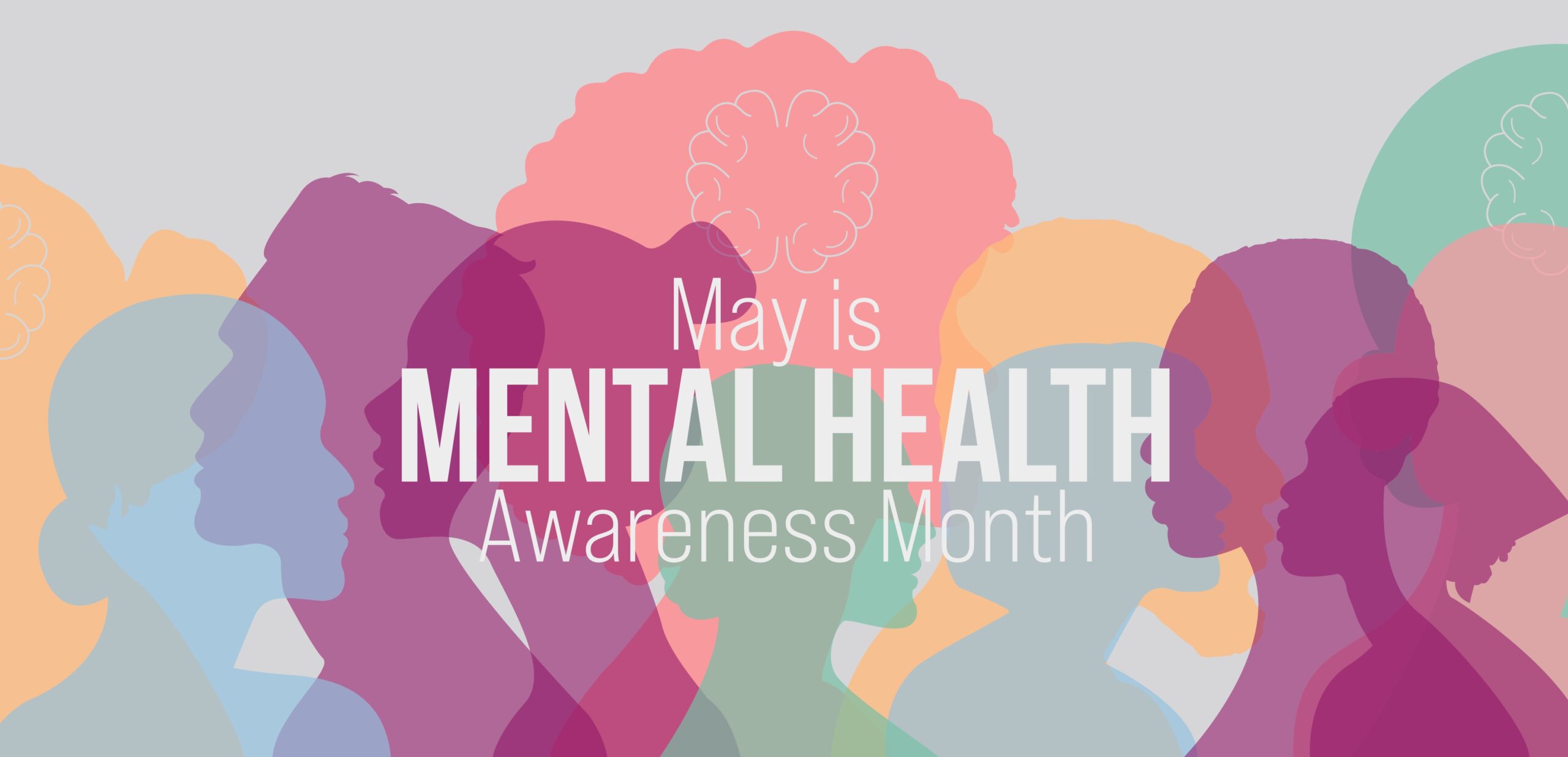Have you been recently diagnosed with PCOS or do you want to know more about? Are you scared? Confused? Frustrated? What even is PCOS an how does it affect menses (or the female menstrual cycle)?
If you’ve recently been diagnosed with PCOS, take a deep breath and tell yourself “I am not alone”.
1 in 10 women are diagnosed with PCOS (1).
Before diving into the world of PCOS, here are some of the keyterms you might need to know:
Luteinizing Hormone (LH):
- Produced and released by the pituitary gland
- Surge in LH causes ovaries to release an egg from the ovary during ovulation
Follicle Stimulating Hormone (FSH):
- Released by the pituitary gland
- Encourages egg growth in the ovaries and peaks in levels just prior to the release of an egg (ovulation)
- Increased amounts can lead to the body overproducing testosterone and estrogen
Estrogens:
- Group of female sex hormones
- Mainly produce by the ovaries
- Causes growth of breasts, pubic and underarm hair, and start of the menstrual cycle
- Regulates the menstrual cycle, maintains pregnancy, and keeps bone strong
- High estrogen levels can lead to weight gain, menstrual problems (light or heavy bleeding), fatigue, feelings of depression or anxiety, and loss of sex drive.
Progesterone:
- Produced and secreted mainly by the corpus luteum which is a temporary endocrine gland that the female body produces after ovulation
- Prepares the endometrium for the potential of pregnancy
- Levels lower once the corpus luteum breaks down when an egg is not fertilized, which signals the beginning of menstruation
- Low levels of progesterone can cause abnormal menstrual cycles
Testosterone:
- Male sex hormone
- Pituitary gland controls the production of testosterone from the testes and ovaries
- Contributes to sex drive, bone density and muscle strength
- Too much testosterone can interfere with ovulation and menstruation and lead to irregular or absent periods, weight gain, excessive body hair and acne
Insulin
- Controls blood sugar levels
- High levels of insulin can lead to an increased level of testosterone produced by the ovaries
What is a normal menstrual cycle?
Let’s take a look at a normal menstrual cycle:
(1) Follicular Phase
Each cycle starts with menstruation (period), which is the normal shedding of blood and the uterus lining through the cervix and vagina. From the start of menstruation through to ovulation when an egg is released from the ovaries, the ovaries are in what is called the follicular phase. In this phase, the production and release of FSH from the pituitary gland signals the ovaries to prepare eggs for ovulation. As menstruation is ending, one egg becomes the dominant egg. This dominant egg grows and produces estrogen.
(2) Proliferative Phase
From the end of menstruation until ovulation, the uterus is in what is called the proliferative phase. In this phase, the uterus responds to the estrogen produced by the growing egg by rebuilding the uterine lining and thickening it until ovulation. In this phase, the cervical mucus also becomes more hospitable to sperm.
(3) Ovulatory Phase
During ovulation, the egg is released from the ovaries (ovulatory phase).
The estrogen produced by this dominant egg as it grows signals the pituitary to release LH and FSH. The spike in these hormones causes ovulation (release of the egg from the ovaries).
(4) Luteal Phase
From ovulation until the start of the next menstrual period, the ovaries go through the luteal phase. In this phase, the egg is transformed into a structure called the corpus luteum which produces progesterone and estrogen.
If the egg is not fertilized, the corpus luteum will start to break down. This results in a drop in estrogen and progesterone levels, leading to menstruation and the cycle starts all over again.
What is PCOS & how does PCOS affect menses (the female menstrual cycle)?
PCOS is an endocrine (hormonal) disorder characterized by an imbalance of hormones such as estrogen, progesterone, and testosterone.
These hormonal imbalances can cause the body to have difficulty ovulating. When ovulation doesn’t happen, cysts containing the unreleased egg can form on the ovaries. These cysts produce androgens, causing further problems with the menstrual cycle (2). Excess androgens can result in symptoms commonly seen in PCOS including acne, blading, and male-pattern hair growth. Additionally, insulin levels may be dysregulated in PCOS which can lead to symptoms like weight gain, sugar cravings, frequent urination, and fatigue. Finally, anxiety and depression are commonly linked with PCOS.
In PCOS, LH and insulin may be elevated which can cause the ovaries to produce excess amounts of testosterone (1). All ovaries make some amount of testosterone but in PCOS, overproduction of testosterone may occur. This can cause male-pattern hair growth and stunting of ovulation. Because ovulation may be stunted, progesterone does not surge and therefore the pituitary gland isn’t signaled to release FSH. This results in follicles not maturing enough to ovulate and continues formation of ovarian cysts. Additionally, because of the hormonal dysregulation, the uterine lining may continue to thicken with missed periods which can cause fertility complications.
Does that mean all women diagnosed with PCOS have irregular menses?
NOPE! Everyone is different, some women may ovulate occasionally so periods may be too close or more commonly too far apart (1). This is why PCOS goes so under-diagnosed.
How is PCOS diagnosed?
The Rotterdam criteria are used to diagnose PCOS. According to these criteria, the presence of at least two of the following three indicators must be present for a diagnosis:
- No period or irregular periods
- Hyperandrogenism: elevated testosterone levels and/or male pattern hair growth/balding
- Polycystic ovaries when viewed with ultrasound
This means you do not need cysts to be diagnosed with PCOS…despite the name of the disorder.
If you want to learn more about PCOS or need help managing your symptoms, get in touch with one of our practitioners today.




